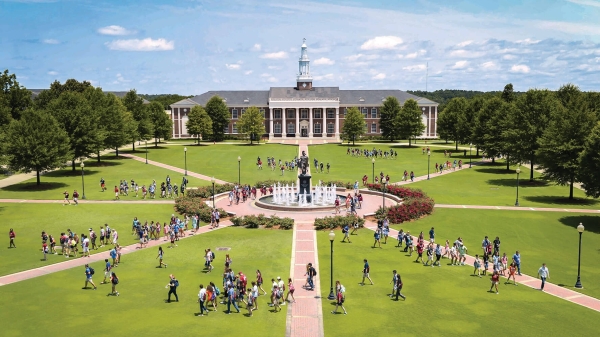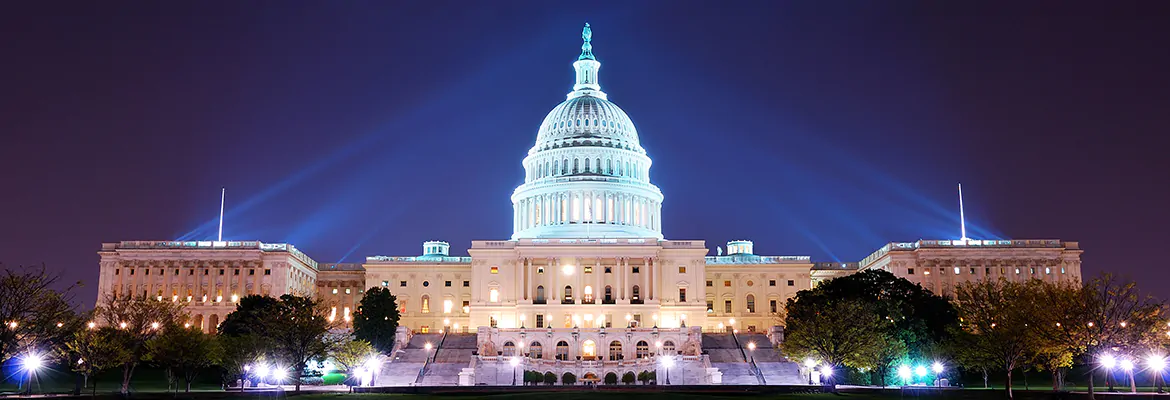By Bill Britt
Alabama Political Reporter
A cloud hangs over the Special Election to fill the vacancy of Senator Jeff Sessions, and it’s not just that Gov. Robert Bentley called for the election to concur with the 2018 General Election some 22 months later or Bentley’s appointment of his nemesis Luther Strange to fill the post. It goes beyond the question that could have been asked Attorney General Steve Marshall, and the lawsuit being pursued by State Auditor Jim Zeigler. While all of these things have led to questionable motives, varying legal interpretations, and general confusion, one thing remains constant: the number of days on the calendar to minimally meet the constitutional requirements for holding a Special Election.
The Special Election’s greatest obstacle may be Zeigler’s lawsuit because the clock is ticking and every day and every delay mean it will be harder to meet the rules governing an election. By filing a lawsuit, Zeigler prevented further action by the only constitutional officer with standing to ask for an attorney general’s opinion.
Hypothetically, if Bentley changed his mind and issued a proclamation on April 3, 2017, calling for a special US Senate election, the earliest a general election could take place would be around November 28, 2017. Move the proclamation date to June, and the election couldn’t happen until early 2018 which would case the case for waiting for the 2018 General Election.
In January, Bentley gave two reasons why he set the Special Election to coincide with the 2018 General Election. The first was to “save millions of dollars” by not incurring the cost of a special election. The second was that special elections have a lower voter turnout. Traveling forward, Bentley has given other reasons.
A memorandum produced by the Legislative Reference Service (LFS) on February 13, found in their assessment that according to statute, Gov. Robert Bentley should hold the election, “without delay at some time prior to the 2018 General Election.”
Also in February, Bentley came forward with another reason to postpone the election until 2018, saying, “there would not be enough time for independent and minor party candidates to get the necessary signatures for ballot access.”
Citing Hall v. Merrill, the Governor’s Council argues that “Holding the Special Election at the 2018 General Election also must respect a current Federal Court order protecting the constitutional rights of ballot access and the ability of voters to choose independent candidates.” However, this reasoning was debunked by the Office of the Secretary of State.
Just days later, Zeigler sent a request to the Attorney General’s Office asking for an official opinion on Bentley’s scheduling decision, which Zeigler says is in “double violation of State law.”
Attorney General Marshall refused to answer Zeigler’s request for an opinion saying the Auditor lacked standing.
The Alabama Political Reporter confirmed that Secretary of State John Merrill has the standing to seek an opinion. However, Zeigler’s abrupt lawsuit landed the matter before Montgomery Circuit Court Judge J.R. Gaines, who scheduled an injunction hearing for March 21, only to reschedule it for April 12, at Zeigler’s request again delaying the process.
The clock moves forward, and the date of a Special Election moves closer to 2018.
Bentley’s latest argument is over what the word “forthwith” modifies Bentley claims
It refers to the proclamation of
the election date, ignoring decades of precedent that “forthwith” referred to the date the election was to be held.
The LFS in it memorandum cited Black’s Law Dictionary (Sixth Ed.): “Forthwith” is defined as “Immediately; without delay; directly; within a reasonable time under the circumstances of the case; promptly and with reasonable dispatch.”
Zeigler, along with others, voiced the wisdom of the statute, calling for a speedy election.
Perhaps on April 12, Judge Gaines will hear the matter; either way, it will be appealed.
And the clocks go “tick-tock,” and 2018 gets closer and closer…



















































